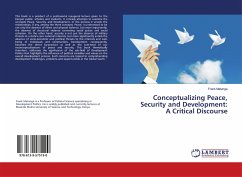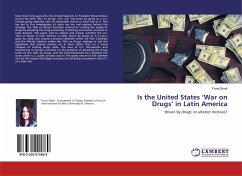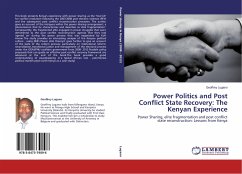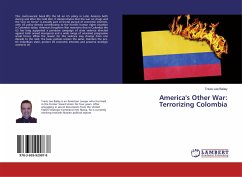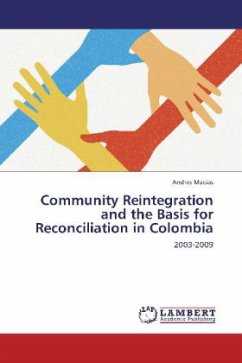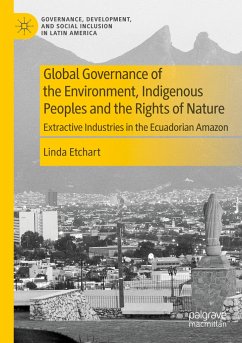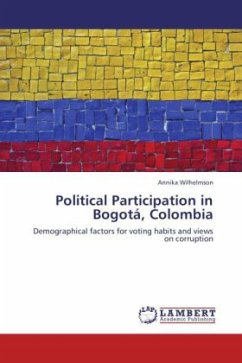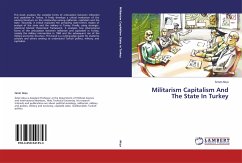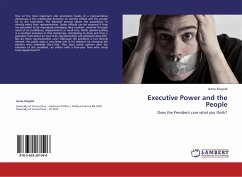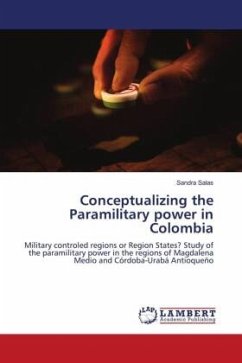
Conceptualizing the Paramilitary power in Colombia
Military controled regions or Region States? Study of the paramilitary power in the regions of Magdalena Medio and Córdoba-Urabá Antioqueño
Versandkostenfrei!
Versandfertig in 6-10 Tagen
32,99 €
inkl. MwSt.

PAYBACK Punkte
16 °P sammeln!
This research intends to conceptualize stateness on the power consolidated by the paramilitary groups in the regions of Magdalena Medio and Córdoba and Urabá Antioqueño where their power succeeded to overcome the national authorities. The paper summarizes and contends three main perceptions on the state and solves the tension between them with a fourth one. The capitalist state perception addresses the state as a reproduction of an economic system. The coercive approach regards the use of coercion as a tool of cohesion to preserve the modes of production of the state. The organizational app...
This research intends to conceptualize stateness on the power consolidated by the paramilitary groups in the regions of Magdalena Medio and Córdoba and Urabá Antioqueño where their power succeeded to overcome the national authorities. The paper summarizes and contends three main perceptions on the state and solves the tension between them with a fourth one. The capitalist state perception addresses the state as a reproduction of an economic system. The coercive approach regards the use of coercion as a tool of cohesion to preserve the modes of production of the state. The organizational approach looks at the importance of the occupational groupings prior the existence of the modes of production. The forth one solves the gap between the previous three by looking at the configuration and interaction between social classes in times of change from one mode of production to another. Trough this last perspective, the paper will address the rise and consolidation of the paramilitary power in the regions to analyze whether they were merely coercive actors or if they had enough power to consolidate a state apparatus in the regions parallel to the nation state.



